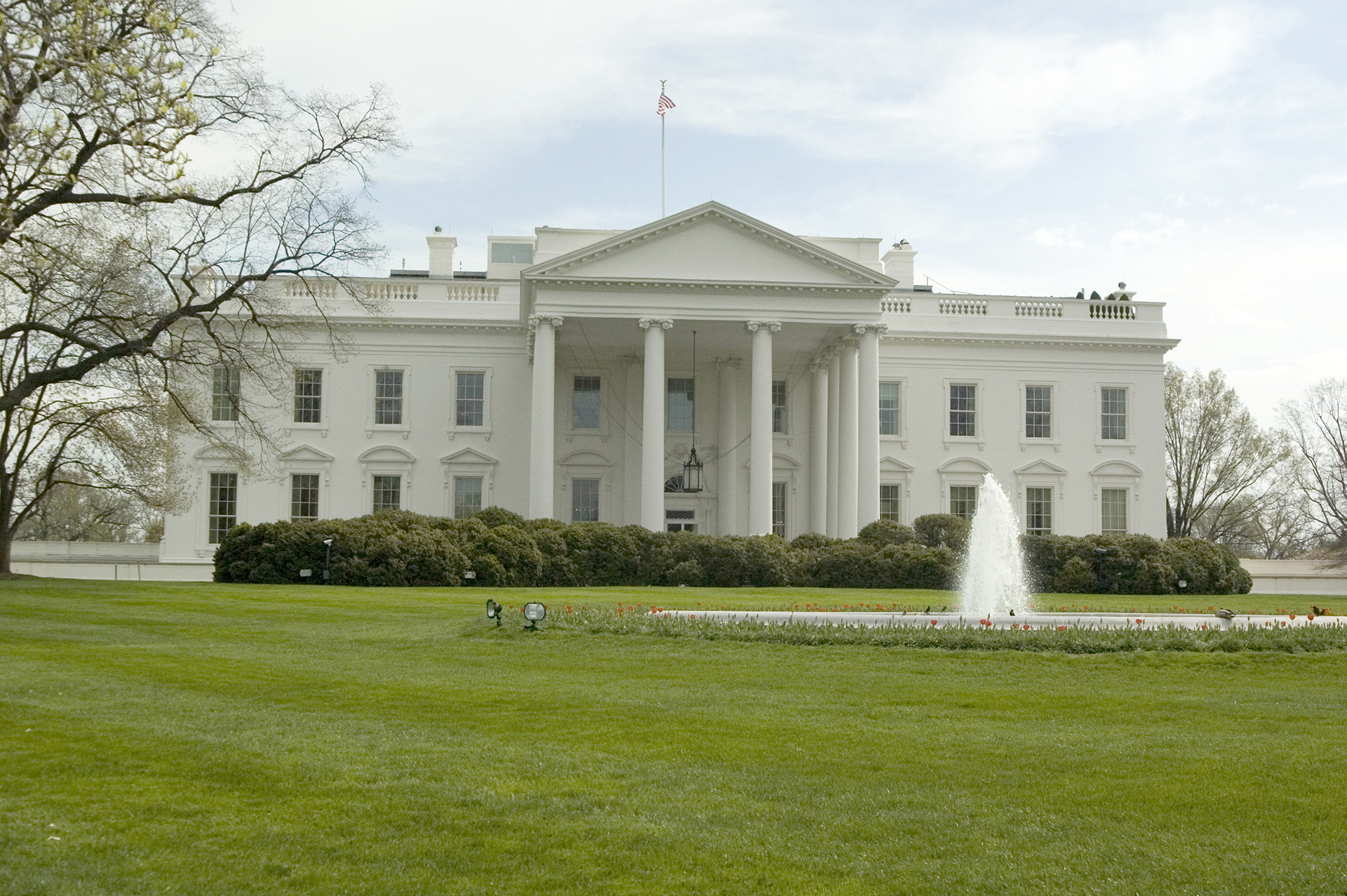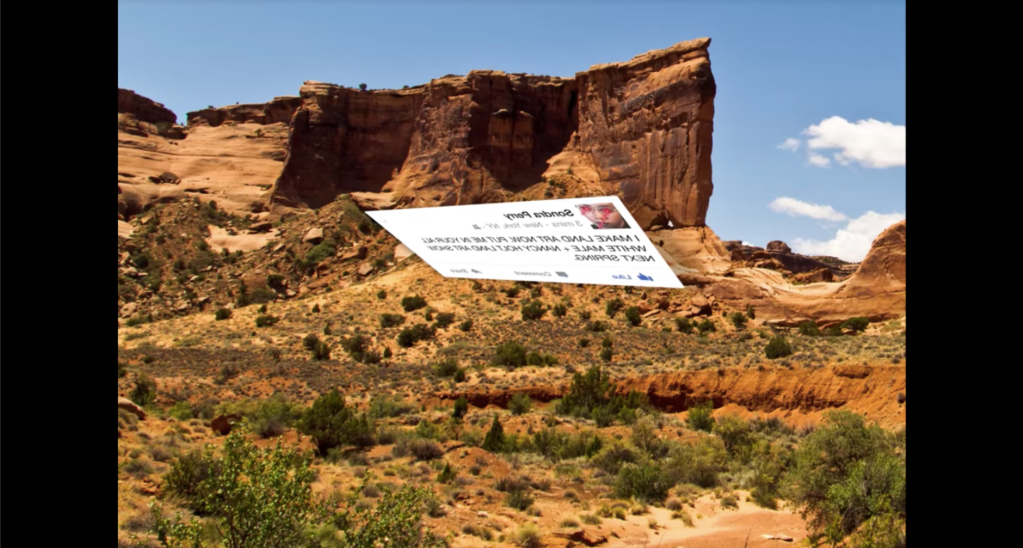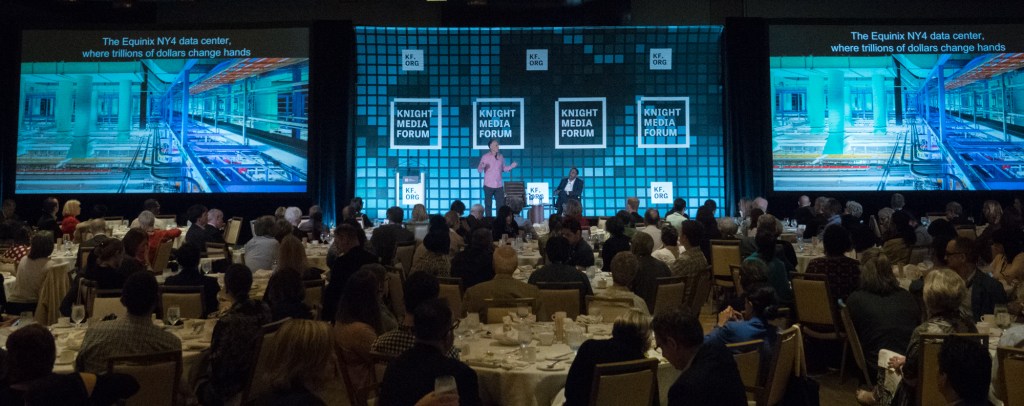
Political TV Ad Archive launches this week; online, free resource collects political TV ads
Photo: The White House (cc) by Frank Camp on Flickr.
Nancy Watzman is managing editor of the Television Archive, a program of the Internet Archive, a multiple winner of the Knight News Challenge. This post has been updated with the Web address of the Political TV Ad Archive, politicaladarchive.org.
Earlier this year, Republican candidate Donald Trump announced that he was planning to spend $2 million a week on television advertisements in key primary states. Up to that point, his campaign had not produced a single television ad, in stark contrast to his rivals, although he had been blowing them away on “earned” media mentions. The first ad Trump released focused on immigration.
“He’ll stop illegal immigration by building a wall on our southern border that Mexico will pay for,” said the narrator, as footage of dozens of people streaming across the border showed on the screen.
Not so fast. The fact-checkers at PolitiFact were on the case, and over the course of a few hours had tracked the source of that video. It turned out it had been broadcast originally on Italian television. These weren’t Mexican immigrants flowing over the border into the U.S.; they were African migrants trying to get into Morocco.
Now that ad – and PolitiFact’s fact-check – will be archived on the Political TV Ad Archive, the Internet Archive��s new, free online collection of political TV ads in the 2016 elections, which launches on Jan. 22. Our early experimentation is showing we can provide resources to track not just paid political ads and how often they air, but also the earned media candidates receive when broadcast TV news stations air all or part of an ad during their news reporting. A case in point: this broadcast of Trump’s immigration ad on late night news in KLAS/Las Vegas on Jan. 4.
Thanks to the support of the Knight News Challenge, our software architects, engineers, researchers, archivists, and more have been working around the clock to ready this new resource, the first of its kind. Building on the expertise garnered by software architect Tracey Jaquith and other staff in building our TV broadcast news library and in collecting political ads in the 2014 Philadelphia elections, we are monitoring television in 20 key markets in eight early primary states.
Dan Schultz, our lead software engineer on the new project, has created and is continuing to perfect an open source project we call the Duplitron. Schultz is a former Knight-Mozilla Fellow and a longtime innovator in technical applications of fact-checking. This system uses audio “fingerprints” of video created using audfprint, an open source resource developed by Dan Ellis at Columbia University. Once the fingerprints are generated, we can match them to identical audio fingerprints, and in doing so identify instances of a political TV ad playing on the air. We’ve just started, and already we’ve ingested more than 100,000 hours of television and identified more than 15,000 instances of ads blanketing Iowa, New Hampshire and beyond.
But this project is not just a feat of engineering. We are partnering with journalism groups that are expert in fact-checking and in following the money in politics: the Center for Public Integrity, the Center for Responsive Politics, Factcheck.org, PolitiFact and the Washington Post’s Fact Checker. Their work will bring heft to the project, taking it beyond a mere collection of videos and helping give citizens context about who is really funding these ads and whether they contain truths, all-out lies, or something in between.
On the new website, journalists will find embeddable videos of the ads along with downloadable metadata giving them the scoop on which ads have aired, where, and when. Data will also include information on the sponsor — whether it’s a super PAC, a 501(c) group that does not disclose donors, candidate-sponsored ad, or some other entity — as well as the candidates targeted.
The new site also has a blog, which I’ll edit, where we will cover reporting on political advertising in the 2016 primaries and how it is affecting the election. It’s our hope that this new project will shed some light in the heat generated by the 2016 elections, to help citizens make sound choices. Stay tuned.
Contact Nancy Watzman via [email protected].
Visit the Political TV Ad Archive at politicaladarchive.org.
Recent Content
-
Artsarticle ·
-
Artsarticle ·
-
Communitiesarticle ·


